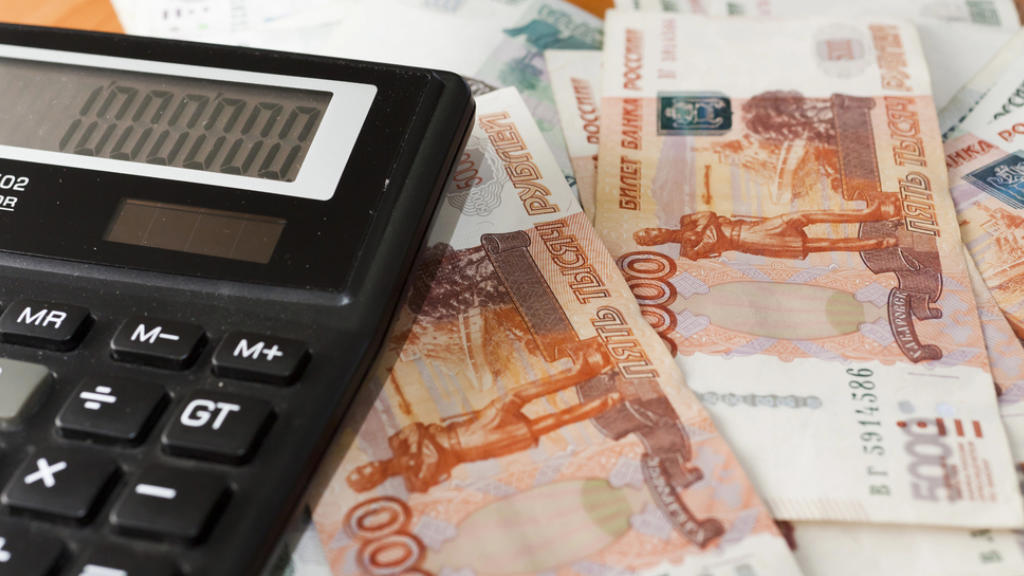Other unexpected bonuses are increasing Russia’s taxable corporate income from foreign investors originating from unfriendly countries as a direct result of sanctions being placed upon the country. Political pressures are also being placed on foreign investors to exit. It is another example of political thinking in the West apparently being divided from the fiscal repercussions.
Suspension of Double Tax Treaties With Russia
There are two reasons for this increase. Firstly, businesses that do not have a legal presence in Russia but have been conducting trade with business partners in the country are subject to withholding taxes, which is a form of income tax. The tax treatment for these transactions varies depending upon the specific Double Tax Agreement (DTA) that Russia has with specific countries; and can be industry and service specific. However, in response to Western sanctions, in August last year Russia suspended the DTA that it had in place with 38 unfriendly countries. These included Albania, Australia, Austria, Belgium, Bulgaria, the Czech Republic, Canada, Croatia, Cyprus, Denmark, Finland, France, Germany, Greece, Hungary, Iceland, Ireland, Italy, Japan, Lithuania, Luxembourg, Macedonia, Malta, Montenegro, New Zealand, Norway, Poland, Portugal, Romania, Singapore, Slovakia, Slovenia, South Korea, Spain, Sweden, Switzerland, the United Kingdom and the United States.
As a result, the preferential tax treatments previously enjoyed by businesses from these countries have largely been cancelled, and they must now pay higher taxable rates when it comes to receiving income from Russia. These tax rates are deducted at source in Russia prior to payments being made abroad (not all goods and services are forbidden, and such trade continues in niche markets).
There have been mixed signals coming from the affected countries. For example, the United Kingdom, which on one hand has imposed sanctions upon Russian trade, on the other released a statement on 18th August last year that called for the DTA to be reinstated.
The longer-term impact upon these corporates is that it increases their costs of doing business with Russia. But if Russia is an important market for them – and for most of them it is – they will absorb the extra burden. That simply means higher sell-on costs to the end user in Europe, and increased tax revenues for Russia. In fact, according to its June budget amendments, Russia’s Federal Treasury is expecting an additional ₽77 billion (US$876 million) more than budgeted for. The sole reason for this windfall is the suspension of the previously negotiated DTA.
Capital Gains Tax Due On Russian Market Exit
The second reason is fiscal income being generated in Russia by some foreign investors selling off property in the country and their shareholdings in Russian legal entities. These are registered legal entities in Russia and tend to be from what are now ‘unfriendly countries’. Typically, their Russia business have been profitable, but government political pressure and the imposition of sanctions has interfered with their business operations. About 30% of the total number of foreign investors from the West have decided to exit, or sell their businesses to their Russian management or partners, however the sale price generated is also subject to a form of capital gains tax in Russia.
In general, most of these foreign assets have been sold at reduced values, which is very much to the benefit of the buyer. In terms of the capital gains tax revenues charged on these transactions, the Russian treasury expects to now receive a windfall of an additional ₽84 billion (US$960 million) more than budgeted for. During 2024 for example, Danone, HP, Hyundai, Polymetal, Caterpillar, and Ceetrus all left the Russian market.
The longer-term impact on these foreign investors is that they have almost certainly lost the Russian consumer market on a permanent basis, as other competitors will simply take their place. This has already been the case in the auto industry, where Chinese brands have stepped in to take the place of European ones.
However, it should be noted that some of these foreign investors have a ‘buy-back’ clause in their exit deals, in the event that the political situation improves – although many political trade analysts feel this may not be for at least another ten years. The longer-term impact on Russia however is negligible – the businesses continue to operate in Russia, under Russian management and ownership, and will continue to be profitable and to pay taxes in Russia.
These two examples showcase how Western political thought as concerns imposing sanctions upon Russia, and especially pressure upon companies to exit, have little-thought through impact upon European consumers themselves. They instead add to competition for EU corporates within its export markets, while imposing minimal financial burdens upon Russia itself.
For assistance with evaluating tax burdens in Russia please contact us at research@russiaspivottoasia.com

 Русский
Русский













